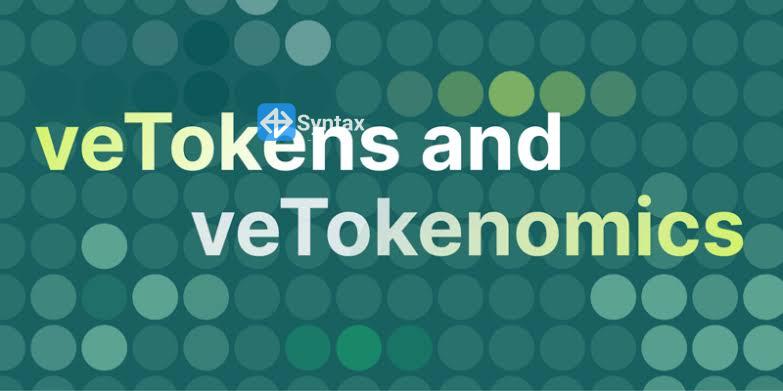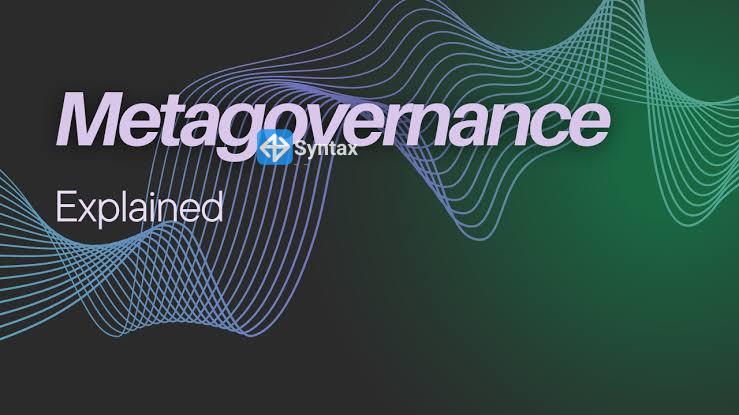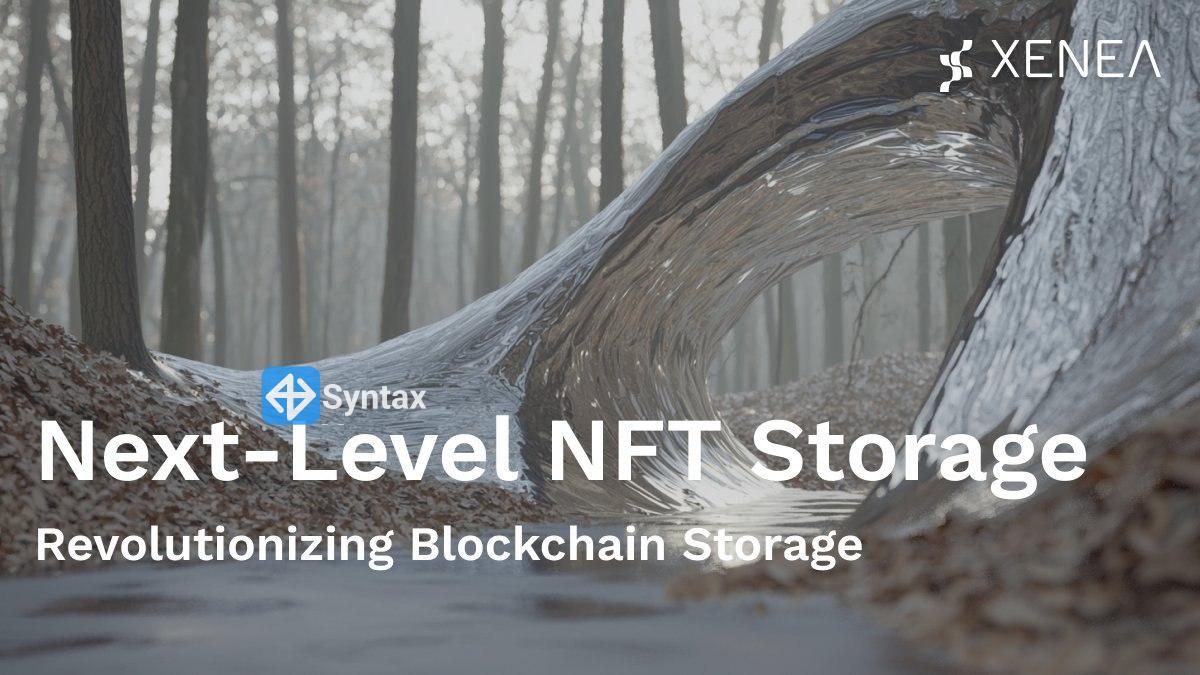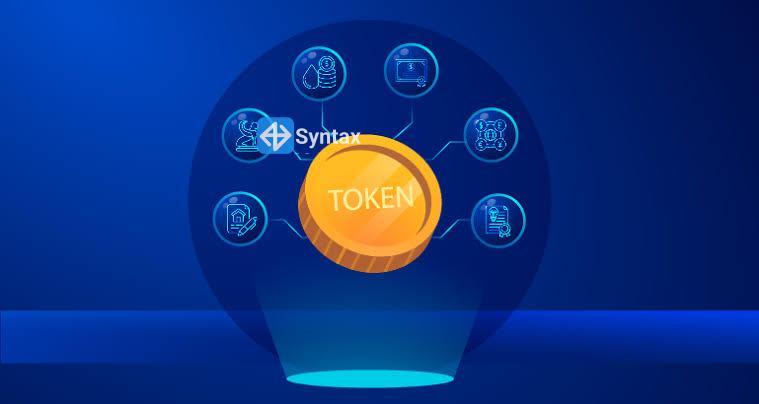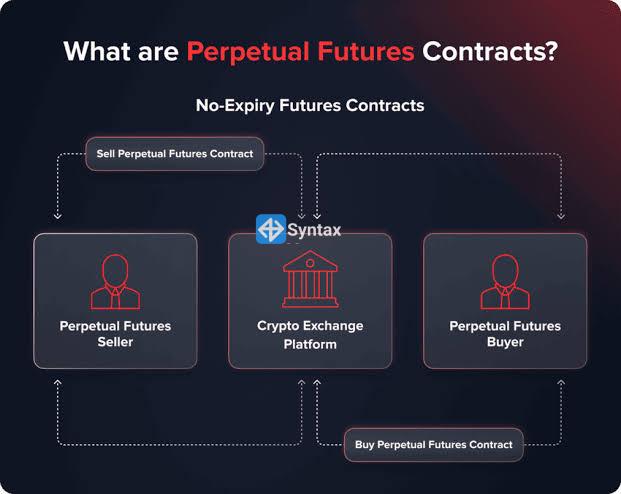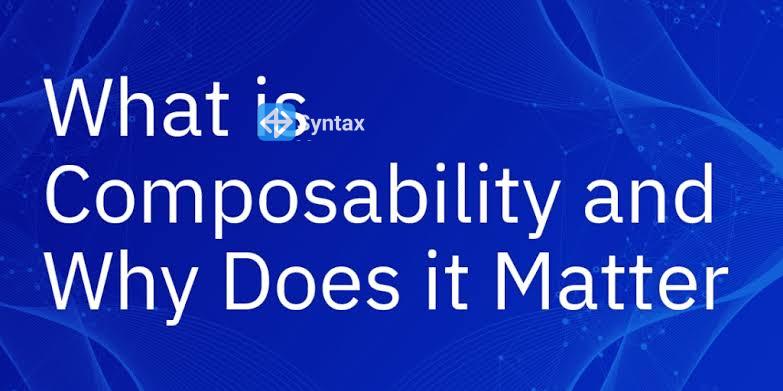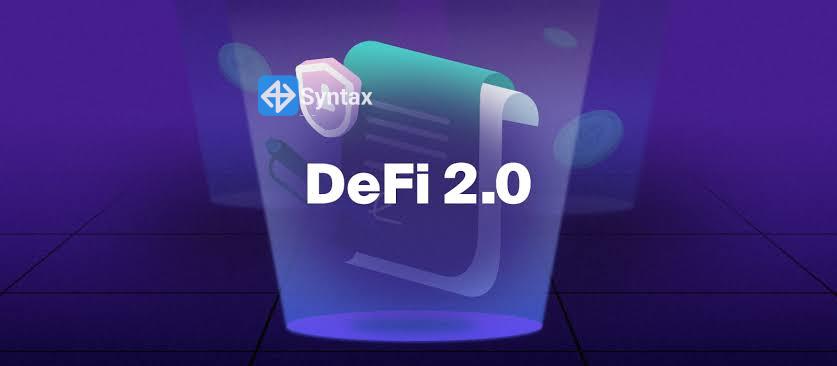Tax fraud has long been a major challenge for governments around the world. From falsified income reports to hidden offshore accounts, individuals and corporations have found countless ways to avoid paying their fair share. However, the rise of Web3 technologies, powered by blockchain transparency and decentralization could significantly change that.
1. Transparent and Immutable Transactions
At the core of Web3 lies the blockchain, a distributed ledger that records every transaction publicly and permanently. Once data is written on a blockchain, it cannot be altered or deleted. This immutability makes it nearly impossible to manipulate transaction records for tax evasion.
Governments and tax agencies could use blockchain-based systems to trace funds, confirm transaction authenticity, and ensure accurate tax declarations without depending solely on third-party verification.
2. Smart Contracts for Automatic Tax Collection
Smart contracts, self-executing programs running on the blockchain, can revolutionize how taxes are collected. For example, a smart contract could automatically calculate and deduct taxes at the point of transaction.
This would remove the need for manual reporting and reduce human error or intentional misreporting. Whether it’s a company selling products online or a decentralized platform processing crypto payments, taxes could be handled automatically, ensuring compliance without intermediaries.
3. Real-Time Auditing and Monitoring
Traditional tax audits are time-consuming and reactive, often occurring months or even years after fraud happens. With Web3, audits could happen in real time.
Regulators could have permissioned access to blockchain-based systems that continuously monitor financial activity. This would make tax evasion far harder to conceal and allow authorities to act quickly when suspicious behavior is detected.
4. Reducing Corruption Through Decentralization
In many parts of the world, tax fraud is not just about evasion, it’s also about corruption within tax systems. Centralized record-keeping allows officials to manipulate or delete data for personal gain.
Web3 eliminates this vulnerability by decentralizing data storage and verification. No single entity can secretly alter records, meaning corruption and internal manipulation become far more difficult.
5. Improved Cross-Border Tax Tracking
One of the biggest challenges in taxation is tracking income across multiple countries. Web3’s interoperability allows governments to collaborate across blockchain networks and verify international transactions easily.
With blockchain-based digital IDs and verified wallets, taxpayers could have unified records accessible by multiple jurisdictions, reducing tax evasion through offshore or hidden accounts.
Web3 has the potential to bring unprecedented transparency, accountability, and automation to global tax systems. By integrating blockchain and smart contract technology, governments could drastically reduce tax fraud while building trust among taxpayers.
However, for this transformation to happen, policymakers must adapt existing tax frameworks to align with decentralized systems. If done right, Web3 could make taxation fairer, more efficient, and virtually immune to manipulation, a powerful step toward a more transparent global economy.



